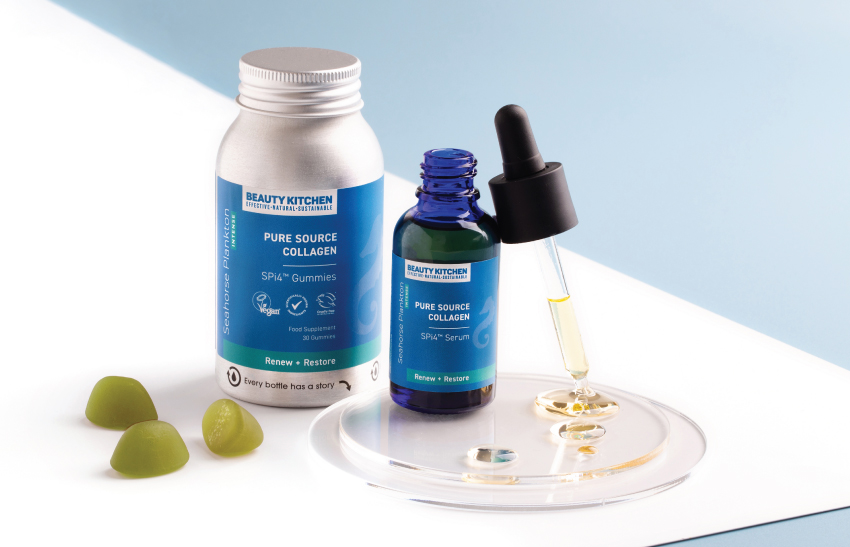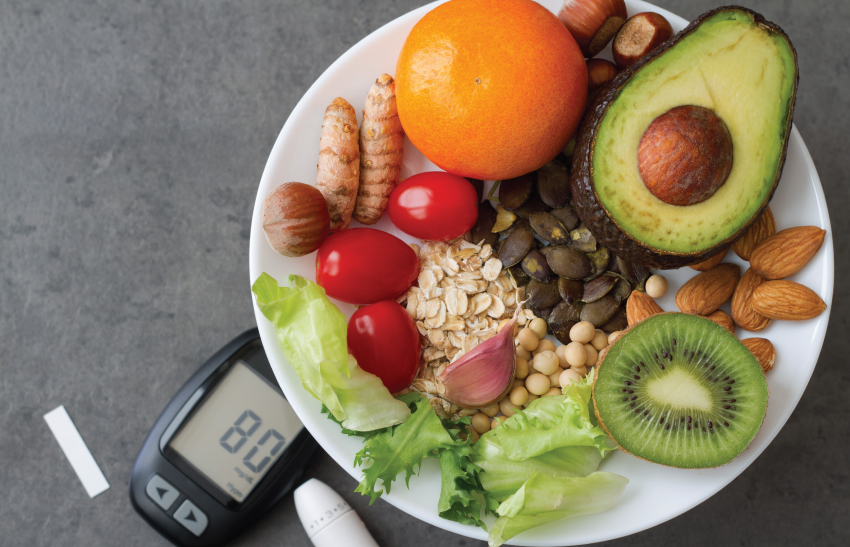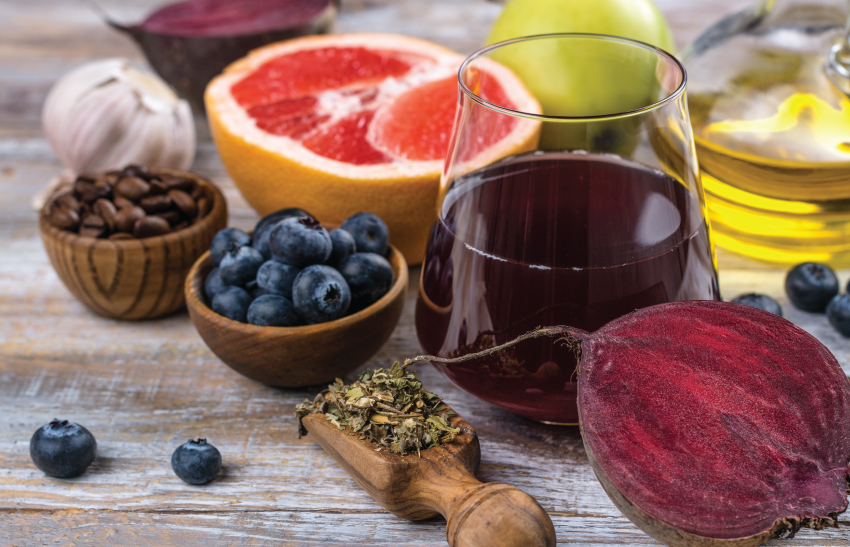
On a daily basis, we come across information being released about the beneficial effects that probiotics can bring to overall health. Doing everything in our capacity to maintain and reinforce gut bacteria has now become an important consideration for almost everyone, especially as we discover more about the diversity of functions the gut plays in our health.
The role healthy gut bacteria plays is now well recognised and it isn’t simply about digestion, but also about regulating our immunity, providing a balance to our hormones, stabilising our metabolism (how quickly we burn the food we eat into fuel), supporting our natural detoxification processes and even supporting our emotional health. There are also thousands of research papers accounting for the beneficial health outcomes of women using probiotic supplements!
In an ideal world, just ‘eating well’ should be enough to get away with the perfect health. This would however be a world where food would be free of preservatives, artificial colours and flavours or products derived from genetically modified organisms. It would also be a world where we are not exposed to various medications or other environmental issues; a world with clean air and water, free from toxins. These are just to name a few of the multiple factors that can negatively impact our gut bacteria, which may lead to a decline in health.
Robust scientific literature shows that probiotics help to support the day-to day function of the trillions of bacteria living within the gut. They help contribute to our health in so many ways, including producing important vitamins such as biotin, folate, vitamin B12 and vitamin K, which is incredibly important for bone health.
One of the well-defined roles of probiotics is within digestion where they enable us to break down and absorb important nutrients like fats, proteins and complex carbohydrates as well as vitamins and minerals such as magnesium, iron, copper and calcium.
The role probiotics play in women’s health is paramount. Their presence helps maintain a slightly acidic environment within the vagina. This in turn, reduces the overgrowth of potentially harmful bacteria. Probiotics’ role in maintaining vaginal health is particularly important since there are a multitude of common events that can negatively affect the vaginal flora, including the use of antibiotics, oral contraceptives and even spermicides.
Last but not least, healthy gut bacteria have been recognised for their action on helping the regulation of hormones. Research shows probiotics supporting the regulation of oestrogen as well as the activation of the thyroid hormone.
It is important to understand that probiotics are not all created equal and women looking to support their health should ideally look into the types of bacteria that have been most studied and validated!
So what should women consider when choosing a probiotic?
- Probiotic strains:
- One of the mostly clinically studied probiotics which has demonstrated to be extremely beneficial for women is Lactobacillus rhamnosus! Research shows that it readily grows (colonises) in both the intestine and the vagina and has shown benefits in digestive health, mood health and maintaining healthy body weight.
- Lactobaccillus reuteri is another well researched probiotic shown to help maintain gut and thyroid health, helps to stabilise vaginal health as well, as well as producing vitamin B12.
- Lactobacillus fermentum’s latest research is looking into its effect on mood and brain health. This bacterial strain is beneficial for women because of its association with immunity and vaginal health.
- Lactobacillus gasseri is shown to help maintain normal body weight.
- Bifidobacterium lactis has been shown to maintain digestive health and providing constipation relief.
Four Top tips for Choosing Probiotics
- Diversity: Go for products that supply at least 12-to-15 different bacterial species.
- Potency: Always look for a probiotic that has a high colony forming units (CFU) content. 50 billion CFU is an ideal recommendation.
- Stability: Your probiotic should give you guaranteed shelf life stability.
- Tolerability: Always choose a product that is gluten-free, soy free and dairy free. The prebiotic fibres found in some probiotic supplements can occasionally cause digestive upsets. The prebiotic ‘organic acacia gum’ used in Garden of Life products, is the resin exuded from stems and branches of acacia trees. Acacia gum has been shown to have better digestive tolerance, low calorific value, and suitable for those following a low FODMAP diet. The FODMAP diet is one that is low in particular foods that are often poorly absorbed by individuals suffering from irritable bowel syndrome (IBS).




































































